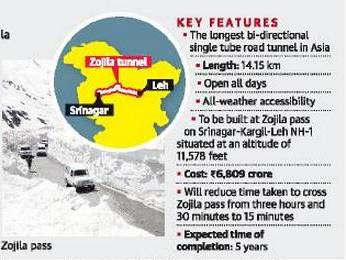7667766266
enquiry@shankarias.in
Common Service Centres
Nipah virus
Himalayan trillium
Kishanganga Hydropower Station
Zojila tunnel

S.R.Bommai case
Source: PIB, The Hindu